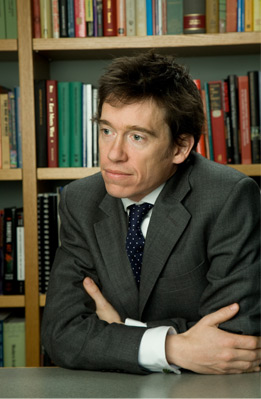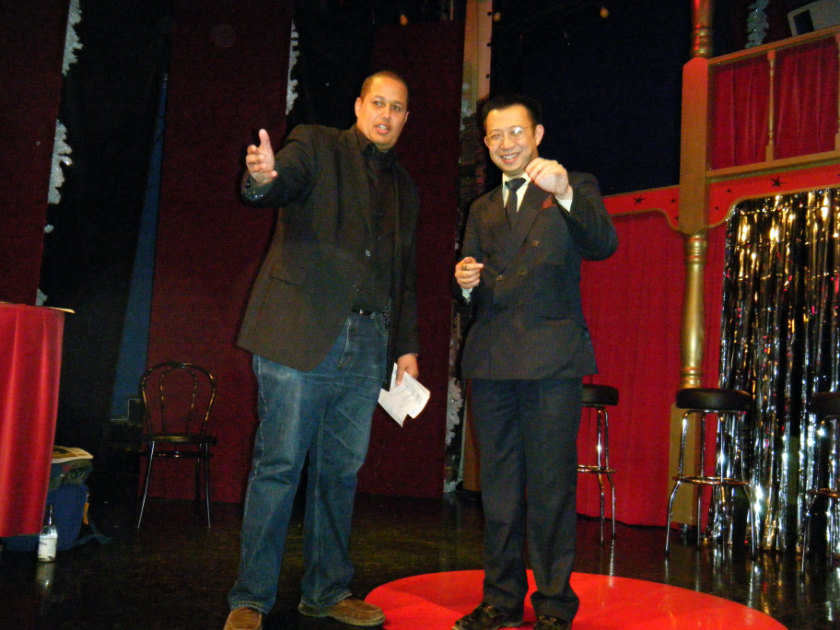A friend in the UK recently told me: I read how companies say they cannot find anyone to fill their roles, and I have a bunch of very talented, highly qualified friends who are out of work who can’t find anything.
Having looked into this locally, it’s far from being a strictly UK problem.
I have to wonder about the mismatch. The job-hunting cases that I know of suggest that a good chunk of the HR industry loves living in a box, and fears going outside it in case things don’t work out. It’s very risk-averse. Not unlike, I have to say, media buying. ‘We’ve always bought with X and my boss bought with X before I got her role after her promotion.’ Right there is why a lot of new publications don’t survive beyond the one-year mark.
I’m probably being unfair picking on these two industries, yet they’re two that I can speak to off the cuff. Look around, risk aversion is the norm right now: few want to take chances in case a very talented person might succeed and prove everyone wrong.
Having lived outside those norms for most of my life, I’ve never understood why we stick to them. The greatest risk is missing out on that talented person who could do the job extremely well despite a history that might not be exactly as you expect. Remember, if I had won in 2010, the free wifi network would have been mature by 2020, the digital divide in poorer neighbourhoods would have been bridged, and this city would be more focused on high-value, frictionless and IP-based exports more than hospitality and tourism. More high-value workers paying decent rates and wanting more premium accommodation. Perfectly positioned for when COVID hit. One in six voters understood that future-proofing a city and increasing GDP per capita were important. And that’s an indicator to me that only one in six in society is willing to think outside the box.
Yet the biggest risk, as the designer Patrick le Quément once quipped, is to take no risks.
Le Quément might have been talking about automotive design at the time, but it was obvious what a lack of risk-taking resulted in when he arrived at Renault: unimaginative, safe design in a market-place that demanded imagination. Renault was the company that gave us the 9 and 11 at the start of the 1980s, cars which Le Quément later described as more Soviet than French in nature. Even Wheels called the 9 ‘France’s Corolla’. If your target was a conventional car that was a generation behind in thinking (as the Corolla was once upon a time), then that doesn’t bode well for sales.
The same can be said for organizations: if you’re hiring people based on a box-ticking exercise, then you’re repeating history—and possibly the very conditions that led to the vacancy in the first place. That person left because they had done it all before, it wasn’t fresh to them, and they were being driven to their knees doing it. Like driving a Corolla 30 or the E70 sedan in the late 1970s or early 1980s. You wouldn’t unless you had to.
Why not someone who has a fresh approach, who can find ways to meet their working goals and reinvent it?
HR seems to work based on a top–down approach: selling the organization and an ill-suited job to a candidate, when really it should require more critical thinking about a candidate’s real strengths and enthusiasm, how cross-disciplinary those might be, and selling the candidate to the organization. That critical thinking is the hard part that not everyone in that world wishes to do. Some do (one in six?), and I’m sure they are extremely talented—they would be the ones placing quality ahead of quantity. But I suspect they will agree with me that they are the exceptions, and that most of their industry is about numbers of placements and to hell with even having time to think critically.
Of course, an industry called human resources lacks humanity in its very description. It feels like hiring a person is like ordering a box of biros.
I studied it at university and it is probably the only paper I don’t remember much of. I do remember the whole class doing a Myers–Briggs test that the new lecturer had very kindly organized. We got our results back a week later (this was before the web was mainstream). He asked us to sit with our group, and to summarize what we were about. In theory, it would be a good way to discover some truths about ourselves.
The groups reported back. And group and after group said the same thing.
That we were innovative thinkers, that we were hard workers, we didn’t suffer fools gladly, etc.: all the sort of corporate claptrap that third-year business students were taught to believe were the most desirable qualities to have in the business world.
Either Myers–Briggs meant nothing or we eager students were too enamoured with our own mould-fitting that we interpreted the results to suit. Even those Myers–Briggs sceptics might choose the latter.
In 1994, I was guilty of this along with my group. I wasn’t one who spoke out then and said they were all wrong. Groupthink prevailed. And I think our lecturer was a bit shocked.
It’s why this critical thinking is so important. Seeing past the buzzwords on a CV. In fact, I would read all the interestingly laid out and typeset CVs first and ignore the same-again Word ones.
When I applied for a governmental board role, I was told to redo my CV following their structure and in Word. The only Microsoft Word we have a licence for is 97. I’d obviously do it in WordPerfect and convert it. But to follow a set formula even in writing it? It took all the joy out of what could have been a great role. Not to mention the truth and passion. I never had time to do it. You just can’t alter 30-plus years of your life, which has defied convention, to fit into those boxes. ‘Communism is a square peg,’ Jeremy Clarkson once said, ‘and private enterprise is a dodecahedron.’ Highly restrictive CVs that limit you are square pegs, too, yet the best candidates aren’t going to be squares. It forces everyone to look the same.
At least those who bother going outside the square send an immediate signal that they are prepared to go above and beyond.
And without critical thinking, it’s going to be that 300-level uni class again. They’ll say what you want to hear, and you’ll seek those same buzzwords. A recipe for mediocrity or repetition. You’ll be going through the same exercise again in a far shorter time than you need to.
Unless, of course, that’s the con. Is the industry paid per placement regardless of suitability and how long the candidate lasts? If so, then this explains a lot, as we see it replicated in other industries—and why it might be better dealing with internal HR people who aren’t getting tempted by success fees. Or being lucky enough to find that one in six.





